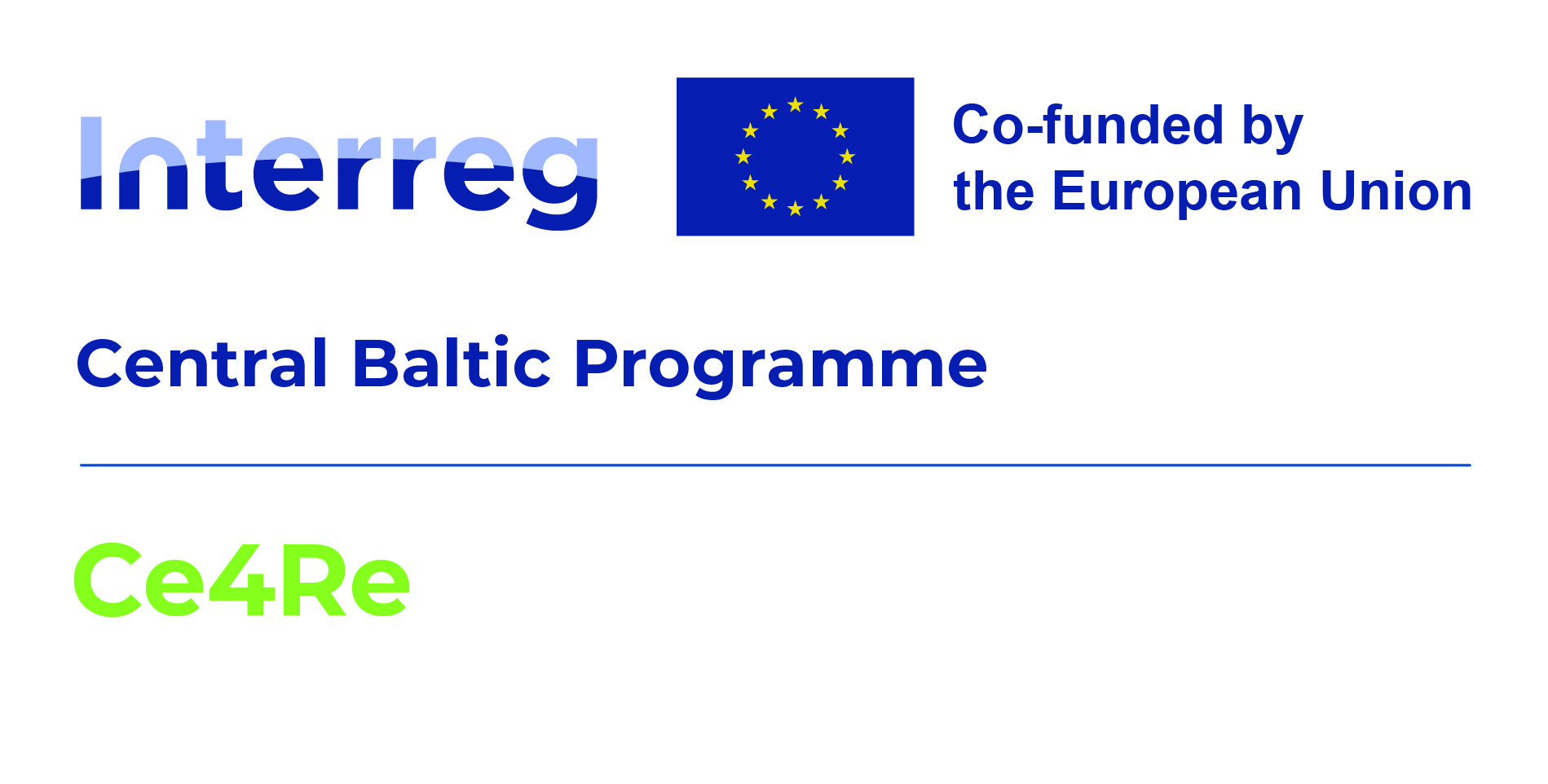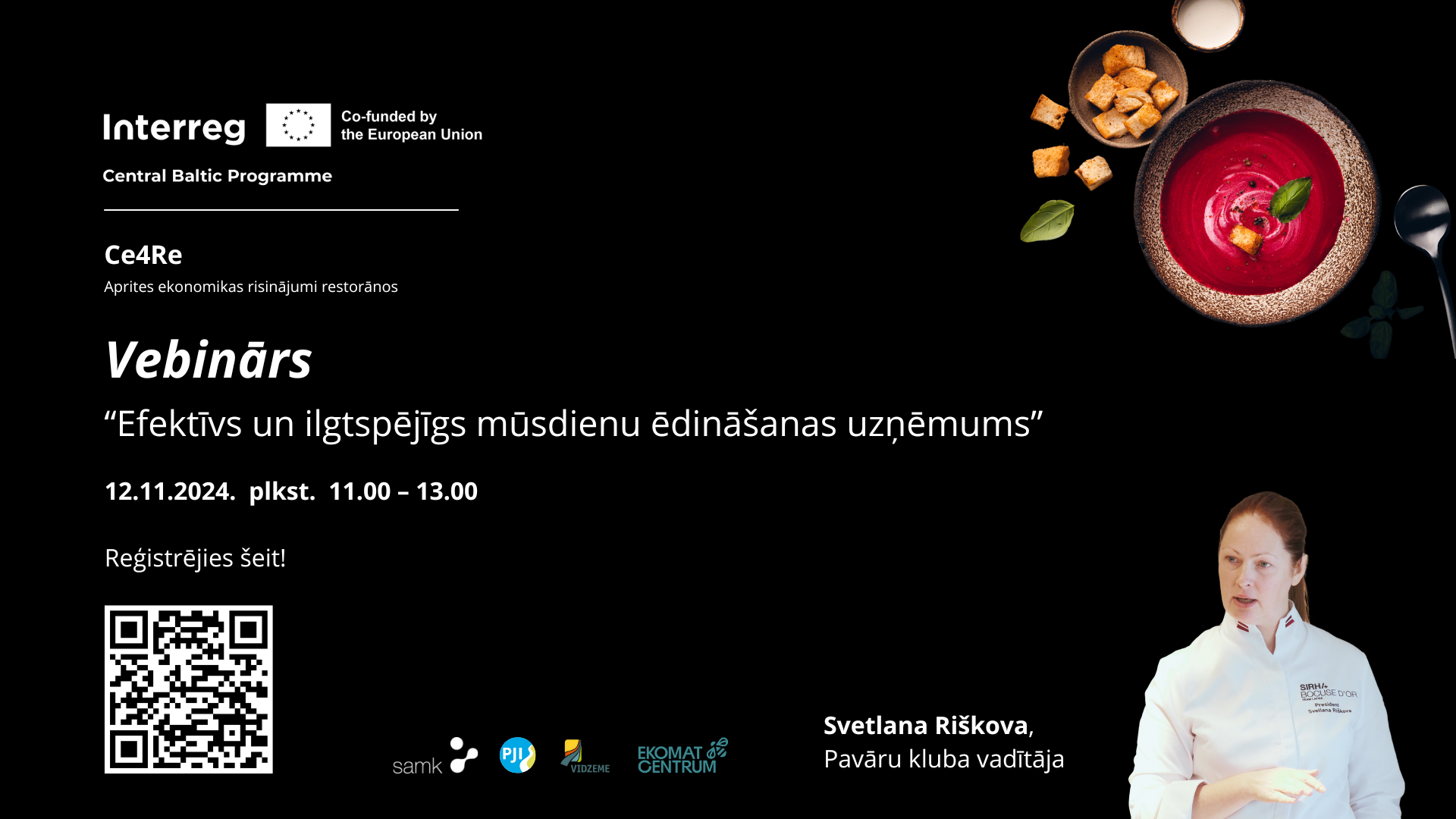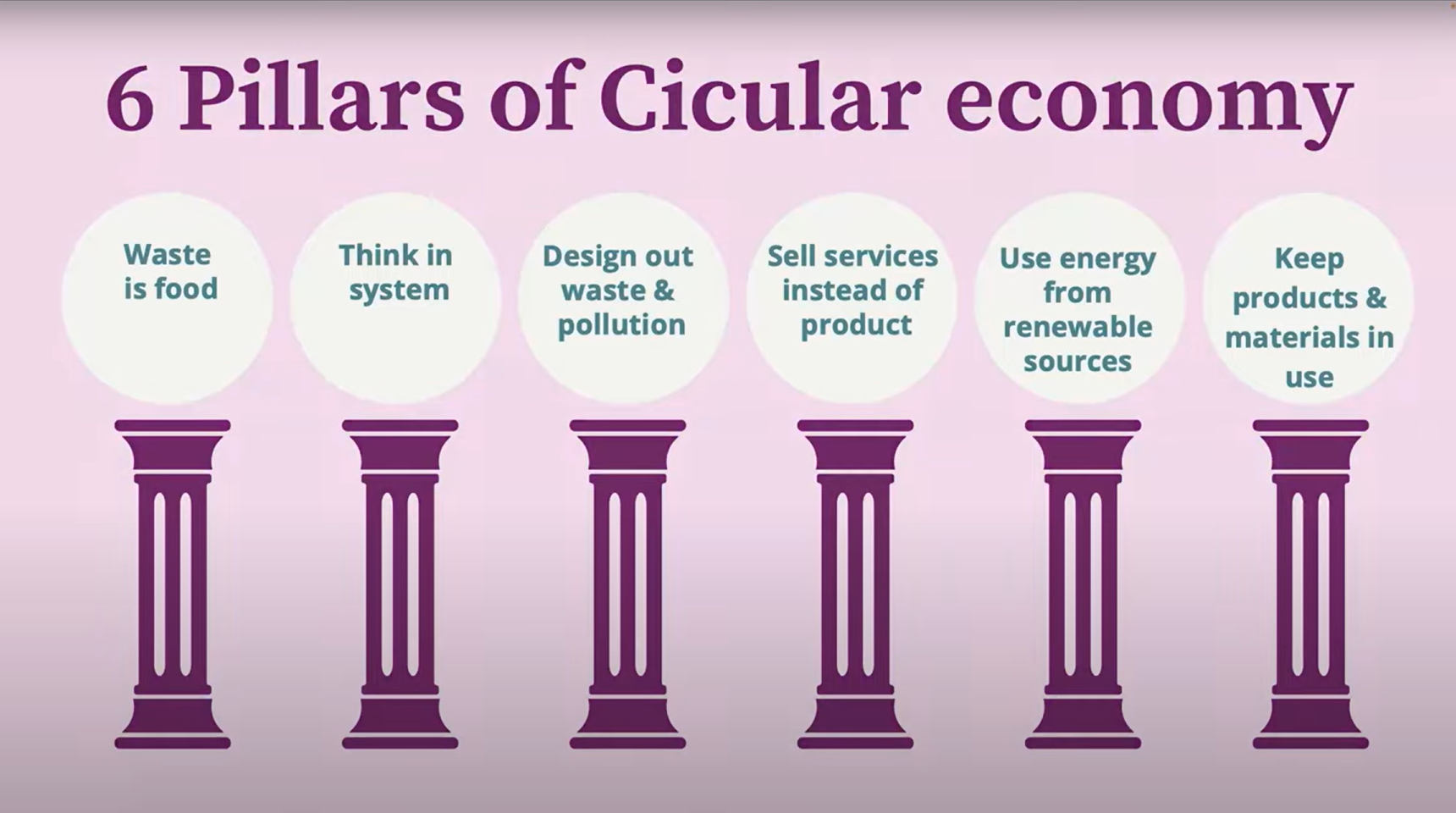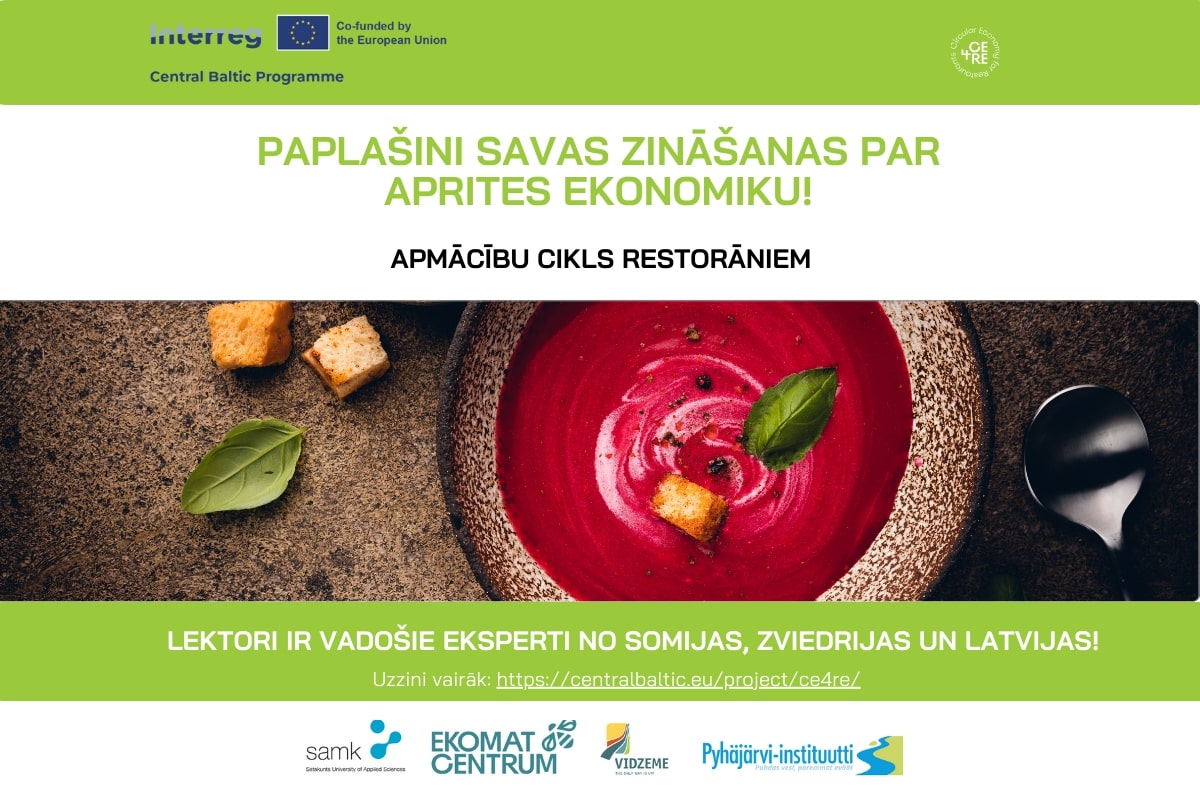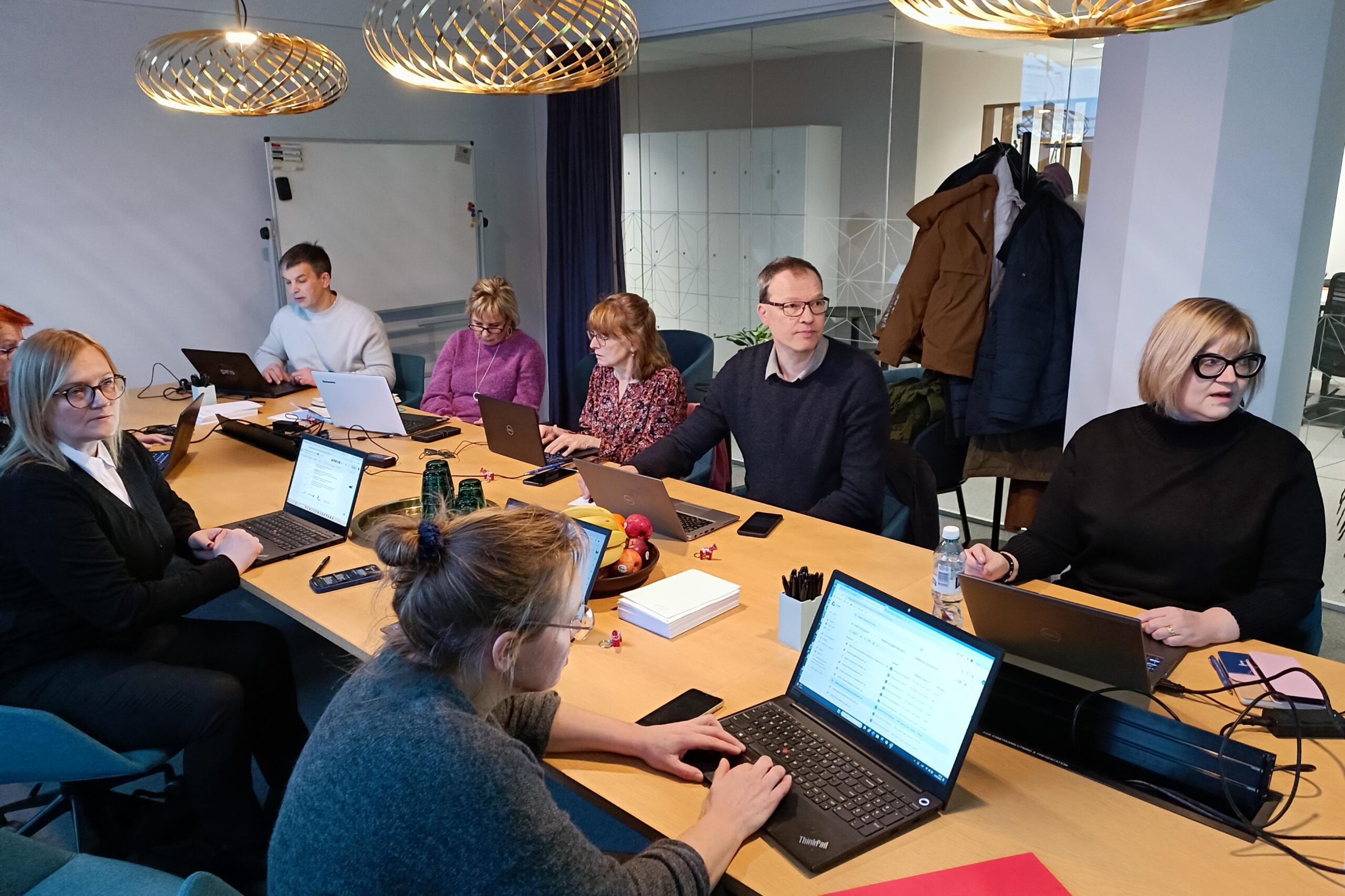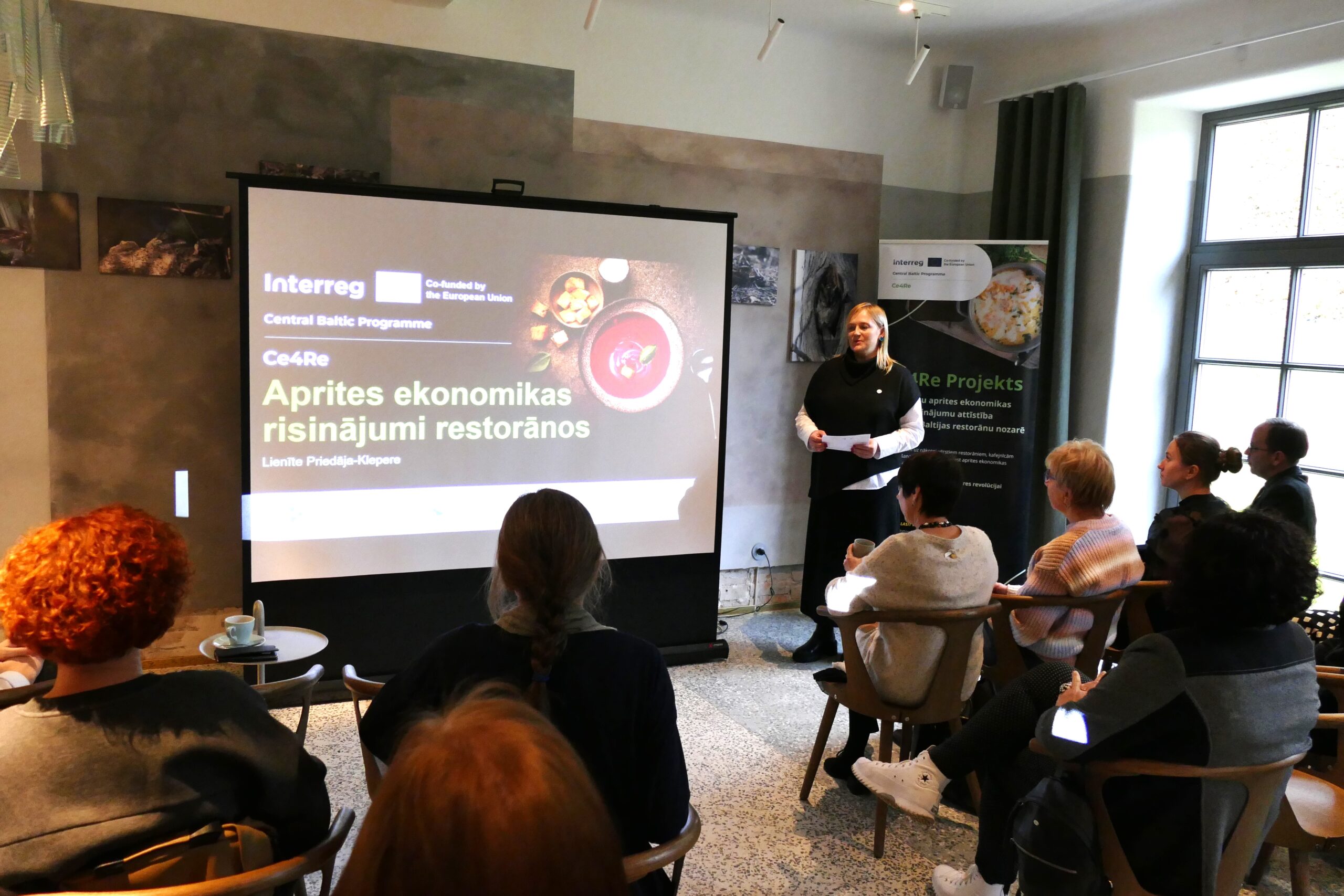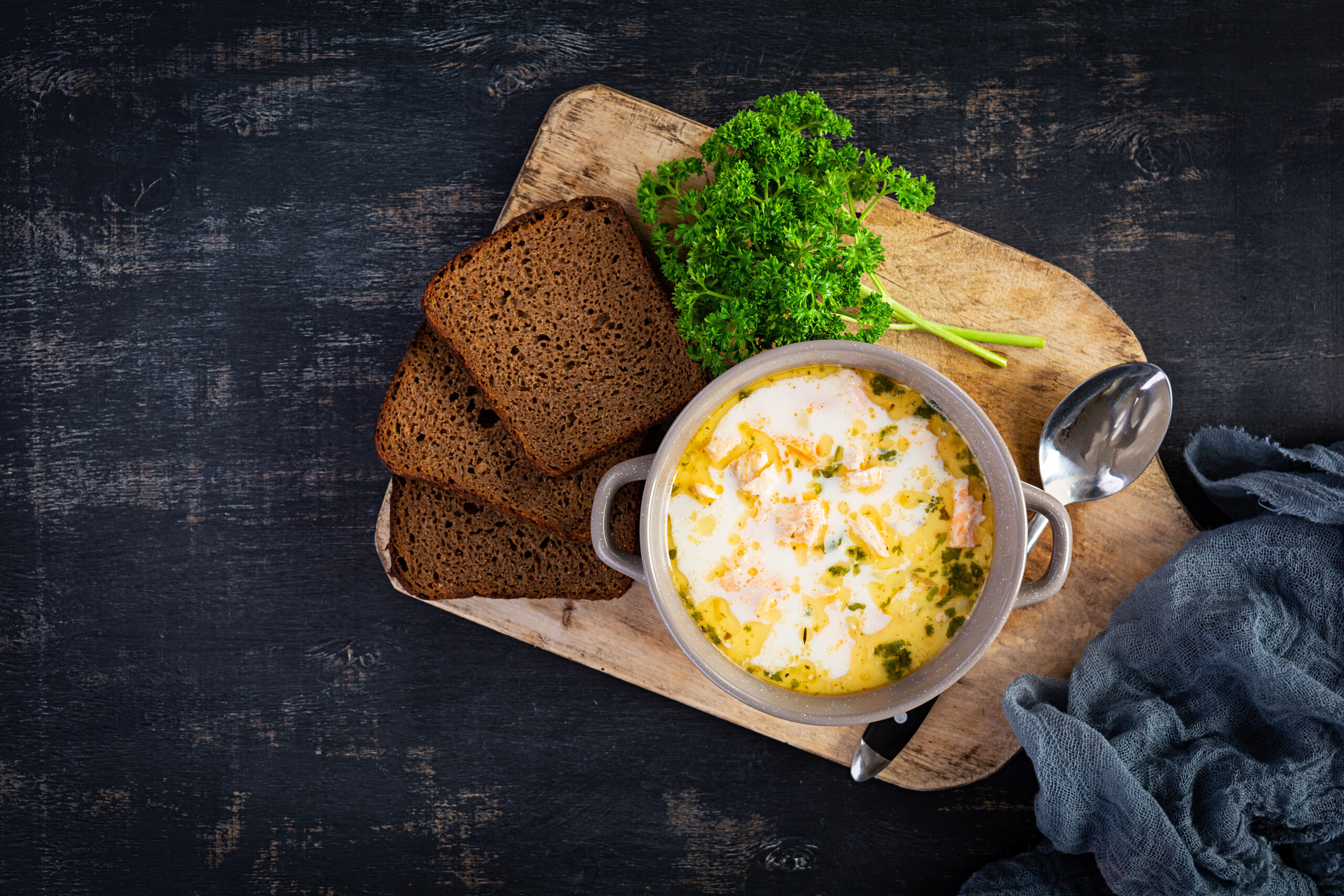Development of joint circular solutions in the CB restaurant sector (Ce4Re)
Resource preservation reduces the human-made negative impact on the environment, lowers costs, and promotes economic sustainability. The transformation of food systems by introducing circular economy principles is one of the most powerful tools for preserving biodiversity and combating climate change.
The restaurant sector, as part of the food system, is a significant industry sector and a complex ecosystem where interconnected stakeholders rely on large flows of natural resources. At the same time, the restaurant sector, which has suffered greatly from the consequences of the COVID-19 pandemic, is seeking new sustainable solutions for industry recovery and rejuvenation. However, there are significant obstacles and challenges for the restaurant sector to transition from a linear to a circular economy model.
The Ce4Re project aims to promote thoughtful resource consumption and waste reduction in catering businesses in the Central Baltic Sea region. To achieve this goal, unified circular economy solutions for restaurants will be developed, including the stages of food procurement, preparation, and presentation.
Throughout the project, interconnected solutions based on the three principles of the circular economy RRR – Redesign, Reduce, and Rethink – will be developed.
In collaboration with restaurants and industry experts, digital tools will be developed to create menus that align with circular economy principles and reduce waste. The “EcoGo” app will be made within the project to promote environmentally friendly restaurants and encourage consumers to reconsider their habits. The proposed solutions will be available to restaurants in the Central Baltic Sea region and beyond.
The added value created by the project will be the incorporation of circular economy principles into an economic sector where the problem of resource-responsible consumption and waste reduction has not been sufficiently recognised and addressed until now. By participating in the project, restaurants can access affordable and easy-to-use solutions that support their effective transition to circular economy principles. As a result, the environmental impact of the restaurant sector will be reduced, waste volumes will be reduced, and business profitability will increase by reducing costs.
In total, 300 restaurants will be involved in the project activities. Sixty restaurants (20 restaurants in each project participating country) will participate in developing and testing the tools.

